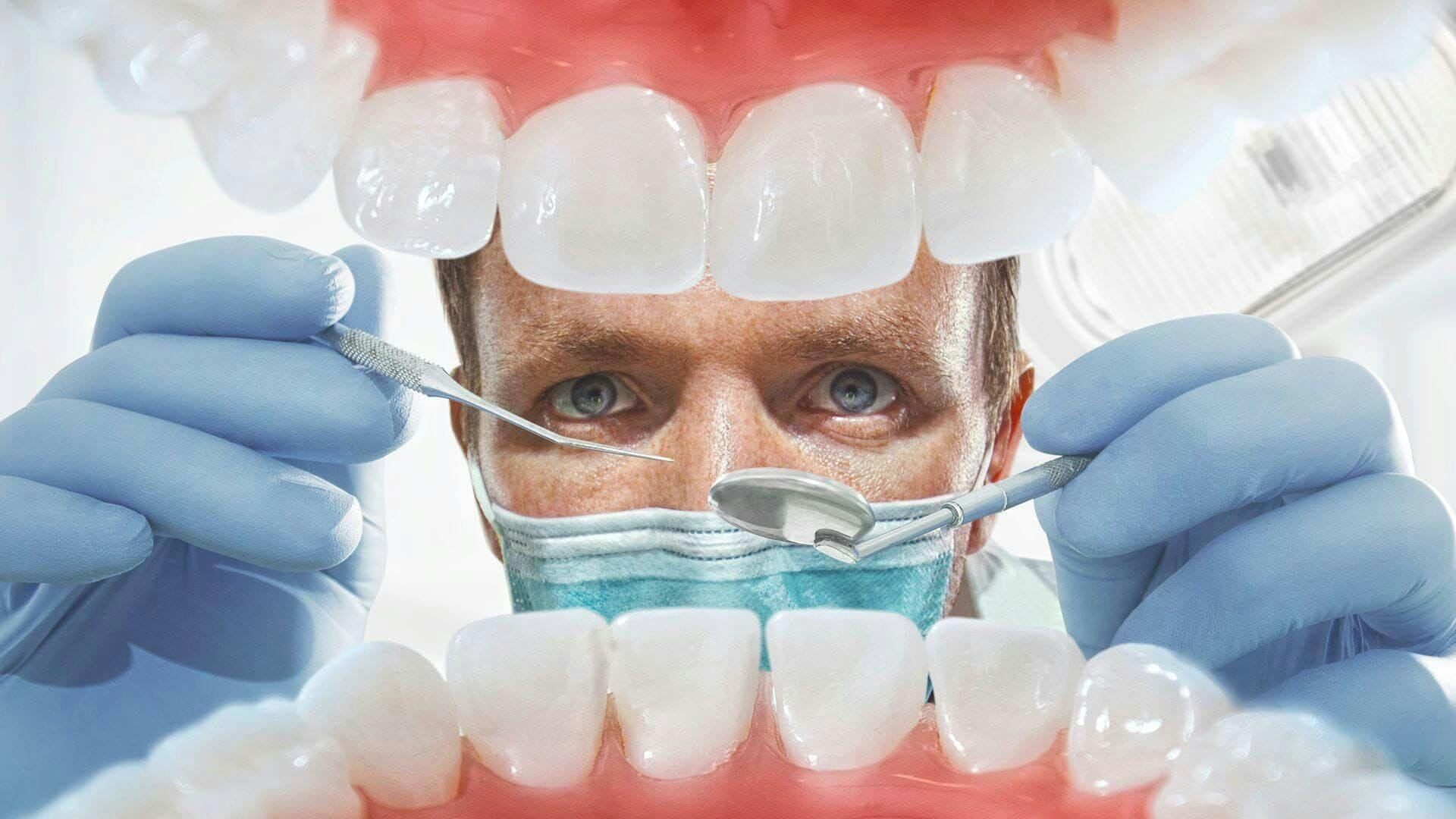Common Questions Concerning Dental Veneers Responded To
Oral veneers have come to be a progressively desired choice for those looking to boost their smiles, yet numerous individuals stay unclear about different aspects of their use. As we discover these common queries, it comes to be important to take into consideration not only the benefits however also the effects of deciding for oral veneers in pursuit of a much more positive appearance.
What Are Oral Veneers?
Oral veneers are thin, customized coverings crafted from porcelain or composite material that are made to cover the front surface of teeth. These dental prosthetics offer both visual and functional purposes, supplying a solution for numerous oral imperfections, including discoloration, chips, voids, and imbalance. By adhering to the teeth, veneers can considerably enhance the total look of a smile, creating a more uniform and attractive appearance.
Porcelain veneers are particularly favored for their all-natural clarity and tarnish resistance, making them an optimal selection for people seeking durable results. On the other hand, composite material veneers are normally more economical and can be applied in a single check out, but they might not offer the same durability as porcelain alternatives.
The decision to choose oral veneers typically comes from a desire for aesthetic improvement, but clients should additionally take into consideration variables such as the longevity of the material, upkeep needs, and the possible demand for tooth decrease (Porcelain Veneers Washington DC). Ultimately, dental veneers represent a flexible and effective solution for attaining a radiant smile, catering to individual cosmetic requirements while promoting self-confidence and self-confidence
Exactly How Are Veneers Applied?
The application procedure for veneers calls for careful planning and accuracy to ensure optimum outcomes. The treatment normally begins with a comprehensive assessment, where the dental expert assesses the client's oral health, reviews preferred end results, and establishes the appropriate kind of veneers, whether porcelain or composite resin.
When the treatment strategy is developed, the dental professional prepares the teeth by removing a thin layer of enamel, usually about 0.5 mm to 1 mm, to suit the veneer. This step is important as it makes sure a correct fit and avoids the veneers from showing up large - Low Cost Veneers. After preparation, impressions of the teeth are required to create personalized veneers that match the patient's distinct oral structure and visual preferences
While the irreversible veneers are being fabricated in an oral laboratory, short-lived veneers might be put to secure the ready teeth. When the permanent veneers are ready, the dental practitioner will meticulously bond them to the teeth utilizing a strong oral adhesive.
What Are the Advantages?

In addition, veneers are known for their toughness and resistance to discoloring contrasted to natural teeth. Made from high-grade products such as porcelain or composite material, they can preserve their appearance for several years with appropriate care. This durability makes them a useful investment in one's oral look.
Along with aesthetic enhancements, veneers can also add to boosted dental wellness. By covering damaged or compromised teeth, they can offer additional assistance and defense, aiding to avoid additional decay or degeneration. This protective element can reduce the need for a lot more considerable dental treatments in the future.

How Much Time Do They Last?
With proper care and maintenance, dental veneers can last anywhere from 10 to 15 years, making them a long-lasting solution for enhancing one's smile. The longevity of veneers mostly depends on the product used, the top quality of the preliminary positioning, and the individual's adherence to dental health methods.
Porcelain veneers are understood for their longevity and resistance to staining, commonly lasting closer to the 15-year mark when looked after suitably. Composite veneers, while much more budget-friendly, might require replacement sooner, typically within 5 to 10 years because of their sensitivity to use and staining.

In addition, using a mouthguard during sporting activities or nighttime can supply extra defense. Eventually, while veneers offer a considerable aesthetic improvement, their longevity is dramatically influenced by the commitment to appropriate oral care and normal examinations with an oral professional.
Exist Any Type Of Risks?
Considering the transformative results of dental veneers, it is very important to recognize the possible dangers related to their application. While veneers can improve the More about the author appearance of teeth, the treatment involves the removal of a slim layer of enamel, which can enhance tooth sensitivity and vulnerability to decay.
One considerable danger is the opportunity of inappropriate positioning or fitting, causing pain, bite misalignment, or even damages to the underlying tooth framework. Additionally, if the veneers are not maintained properly, they can become stained or chipped over time, necessitating substitute.
Clients may additionally experience sensitive responses to the products made use of in the veneers, particularly if they have sensitivities to particular dental composites. In addition, while veneers are resilient, they are not undestroyable; too much pressure from grinding or squeezing can cause cracks.
It is crucial for individuals to speak with a qualified dental professional to assess their specific threats and to follow aftercare instructions faithfully. By recognizing these threats, clients can make informed choices regarding their dental veneer treatment and guarantee the longevity and success of their enhancements.
Conclusion
In recap, dental veneers stand for a useful cosmetic option for boosting smiles, with factors to consider concerning their application, advantages, long life, and linked threats. Eventually, informed decision-making concerning dental veneers can lead to acceptable visual outcomes and boosted dental health and wellness.
Oral veneers are slim, tailor-made shells crafted from porcelain or composite material that are developed to cover the front surface of teeth. After prep work, perceptions of the teeth are taken to develop personalized veneers that match the individual's distinct oral structure and aesthetic preferences.
While the long-term veneers are being fabricated in an oral research laboratory, momentary veneers might be put to shield the prepared teeth. When the long-term veneers are ready, the dentist will carefully bond them to the teeth utilizing a strong oral adhesive. Inevitably, informed decision-making regarding oral veneers can lead to acceptable visual end results and improved oral wellness.